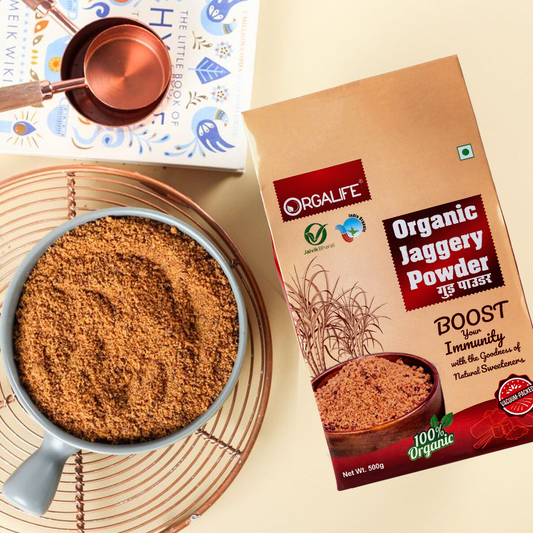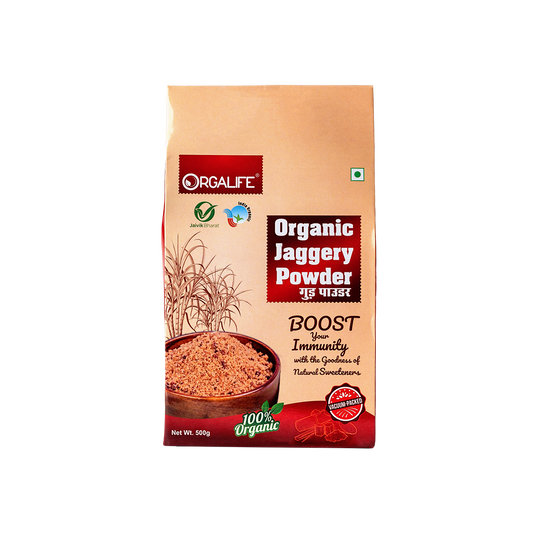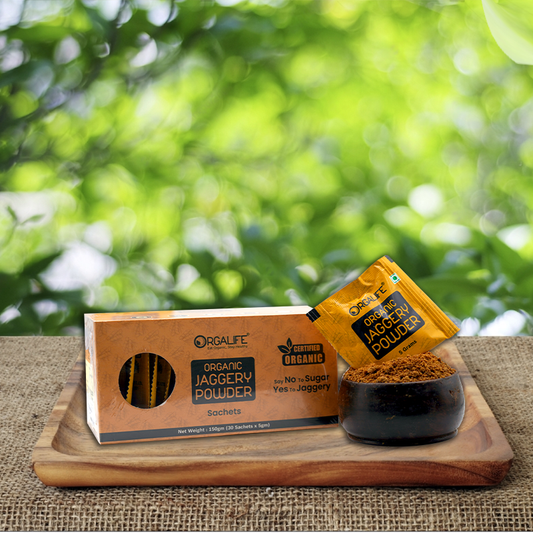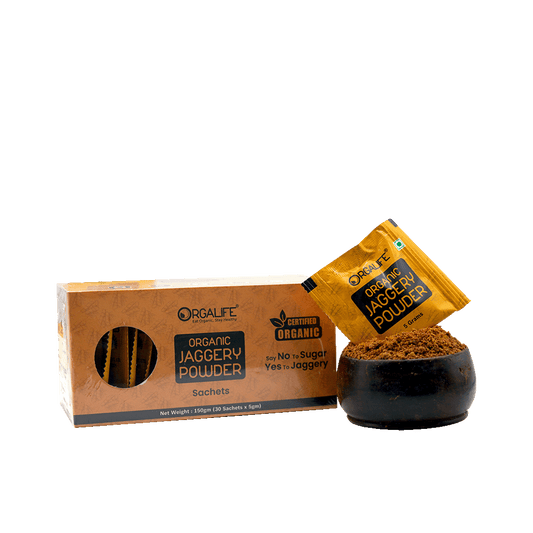10 HEALTH BENEFITS OF ALSI, FLAXSEED | ROASTED VS RAW ALSI
What are flaxseeds?
Flaxseed is a plant-based food that provides healthful fat, antioxidants, and fiber. Some people call it a “functional food,” which means that a person can eat it to boost their health. People grew flax as a crop in ancient Egypt and China. In Asia, it has had a role in Ayurvedic medicine for thousands of years.

Health benefits of alsi, flaxseeds:
It is one of the world’s oldest crops. There are two types, brown and golden, both of which are equally nutritious.
Just one serving provides a good amount of protein, fiber, and omega3 fatty acids, along with several important vitamins and minerals.
2. High in omega-3 fatty acids
It is an excellent source of alpha-linolenic acid (ALA), a type of omega3 fatty acid that’s important for heart health and found primarily in plant foods.
ALA is one of the two essential fatty acids that you must obtain from the food you eat since your body doesn’t produce them.
Animal studies suggest that the ALA in the seed may help reduce inflammation and prevent cholesterol from being deposited in your heart’s blood vessels.
A recent study in 8,866 people tied increased ALA intake to decreased cholesterol levels and a lower risk of ischemic heart disease — which is related to narrowed arteries — and type 2 diabetes.
Numerous studies have also linked ALA to a lower risk of stroke. What’s more, one large review of 34 studies even associated increased ALA intake with a decreased risk of dying from heart disease.
3. May help protect against cancer
It is rich in lignans, which are plant compounds that have been studied for their potent cancer-fighting properties. Interestingly, this seed boasts 75–800 times more lignans than other plant foods.
Some studies associate intake with a lower risk of breast cancer, particularly for postmenopausal women
Animal and test-tube studies also show to protect against colorectal, skin, blood, and lung cancer.
Just 1 tablespoon (7 grams) of ground seed packs 2 grams of fiber, which is around 5% and 8% of the daily recommended intake for men and women, respectively
What’s more, flaxseed contains two types of fiber — soluble and insoluble — which get fermented by the bacteria in your intestines to support gut health and improve bowel regularity.
While soluble fiber absorbs water in your intestines and slows down digestion, which may help regulate blood sugar levels and lower cholesterol, insoluble fiber adds bulk to the stool, which may prevent constipation and promote regular bowel movements.
5. May lower cholesterol levels
Flaxseed may also help lower cholesterol levels.
According to a 1-month study in people with peripheral artery disease, eating 4 tablespoons (30 grams) of milled per day decreased levels of LDL (bad) cholesterol by 15%. A 12-week study in 112 people with high blood pressure had similar findings, reporting that 4 tablespoons (30 grams) of flaxseed per day led to significant reductions in body mass index (BMI), total cholesterol, and blood pressure.
These effects may be due to the fiber in , which binds to bile salts before being excreted by your body. To replenish these bile salts, cholesterol is pulled from your blood into your liver, resulting in lower levels.
It is renowned for its ability to decrease blood pressure levels. A review of 15 studies found that supplementing with products, including powder, may significantly lower levels of both systolic and diastolic blood pressure — the top and bottom numbers on a reading, respectively.
This seed may be especially effective for those with high blood pressure levels. In fact, a small, 12-week study showed that taking 4 tablespoons (30 grams) of flaxseed per day reduced blood pressure in those with high levels.
Furthermore, according to a large review of 11 studies, taking flaxseed daily for more than 3 months may lower blood pressure levels by 2 mmHg.
While that might seem insignificant, some research suggests that a reduction of 2 mmHg decreases the risk of stroke and coronary heart disease by 14% and 6%, respectively.
7. May stabilize your blood sugar levels
Flaxseed may stabilize blood sugar levels and promote blood sugar control.
According to a review of 25 studies, the whole may decrease blood sugar and prevent insulin resistance, a condition that impairs the body’s ability to regulate blood sugar levels effectively.
This blood-sugar-lowering effect may be due to this seed’s soluble fiber content. Research shows that soluble fiber slows the absorption of sugar in the blood, which may reduce blood sugar levels. As such, may be particularly helpful if you have type 2 diabetes.
Keep in mind that the benefits of flaxseed for blood sugar control apply mostly to whole flaxseed rather than flaxseed oil. This is because flaxseed oil lacks fiber.
Both flaxseed and oil are easy to use and can be added to a variety of recipes. Here are a few simple ways to increase your intake.
Simple ways to take alsi, flaxseeds:
Add flaxseed powder to water or sprinkle it into your smoothies.
Drizzle flaxseed oil on fresh salads in place of salad dressing.
Sprinkle ground flaxseed over hot or cold cereal for extra fiber and flavor.
Mix flaxseed into your favorite yogurt.
Give baked goods a healthy twist by mixing flaxseed into cookies, muffins, or breads.
Combine flaxseed with a bit of water for a simple egg substitute.
Incorporate flaxseed into meat or veggie patties next time you fire up the grill.
How To Eat Flax Seeds: Raw or Roasted?
There is a lot of confusion regarding how to consume flax seeds. There are many ways to eat these super-nutritious flax seeds. Flax seeds should be roasted before eating. Eating raw and unripe flax seeds can be dangerous due to some toxins present in them.
However, if you really want to eat them raw, you need to grind flax seeds and mix them in water so that the water-soluble fibres are released, giving the mixture a gel-like consistency. You can also reap the nutritional benefits of flax seeds by using flaxseed oil in place of regular oil. You can sprinkle flax seeds on your breakfast cereal bowl, soup, or yogurt. Flaxseed powder adds a distinct nuttiness and texture to any dish. Organic flax seeds grown in India are even richer in nutrients because they do not undergo unnecessary processing.
SIDE EFFECTS ASSOCIATED WITH USING FLAXSEED?
Side effects of flaxseed include:
- allergic reactions
- diarrhea (oil)
- intestinal obstruction
- bloating
- stomach ache
- constipation
- gas (flatulence)
Orgalife Provides 100% Organic and Natural Homemade, the best quality of CHEMICAL-FREE and NO PESTICIDES organic products.
Orgalife’s roasted/raw alsi is the best way to snack during the day without giving up on taste. Our Alsi seeds are Organic and Roasted, for the right balance between flavor and wholesome food. A great way to have these seeds is to sprinkle them over your breakfast cereal!


We offer a wide range of organic products.
1. Orgalife
2. Amazon
3. Flipkart







